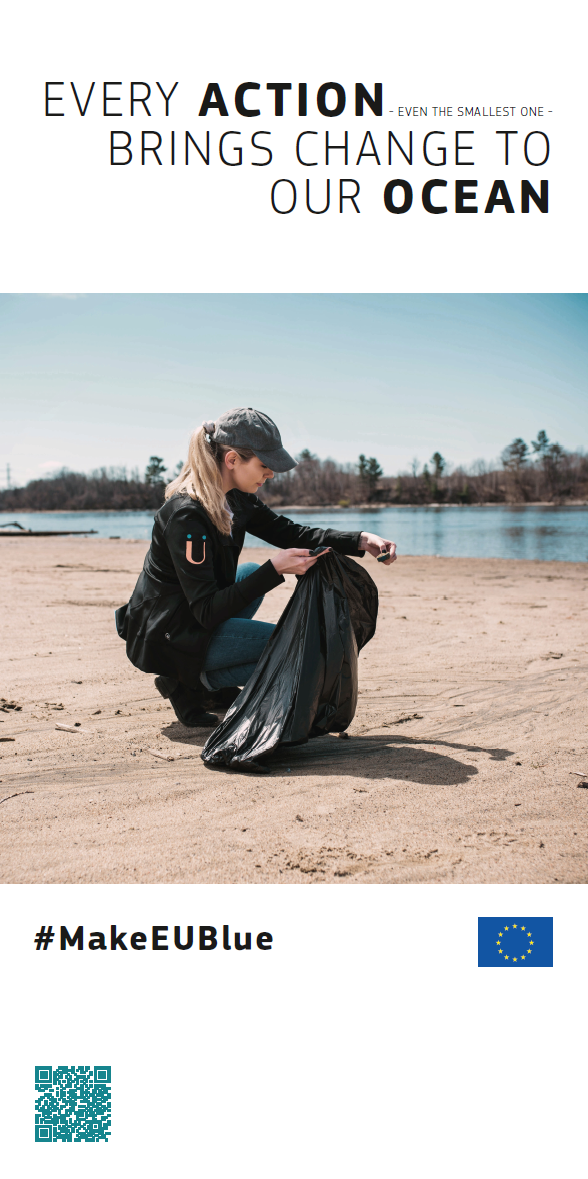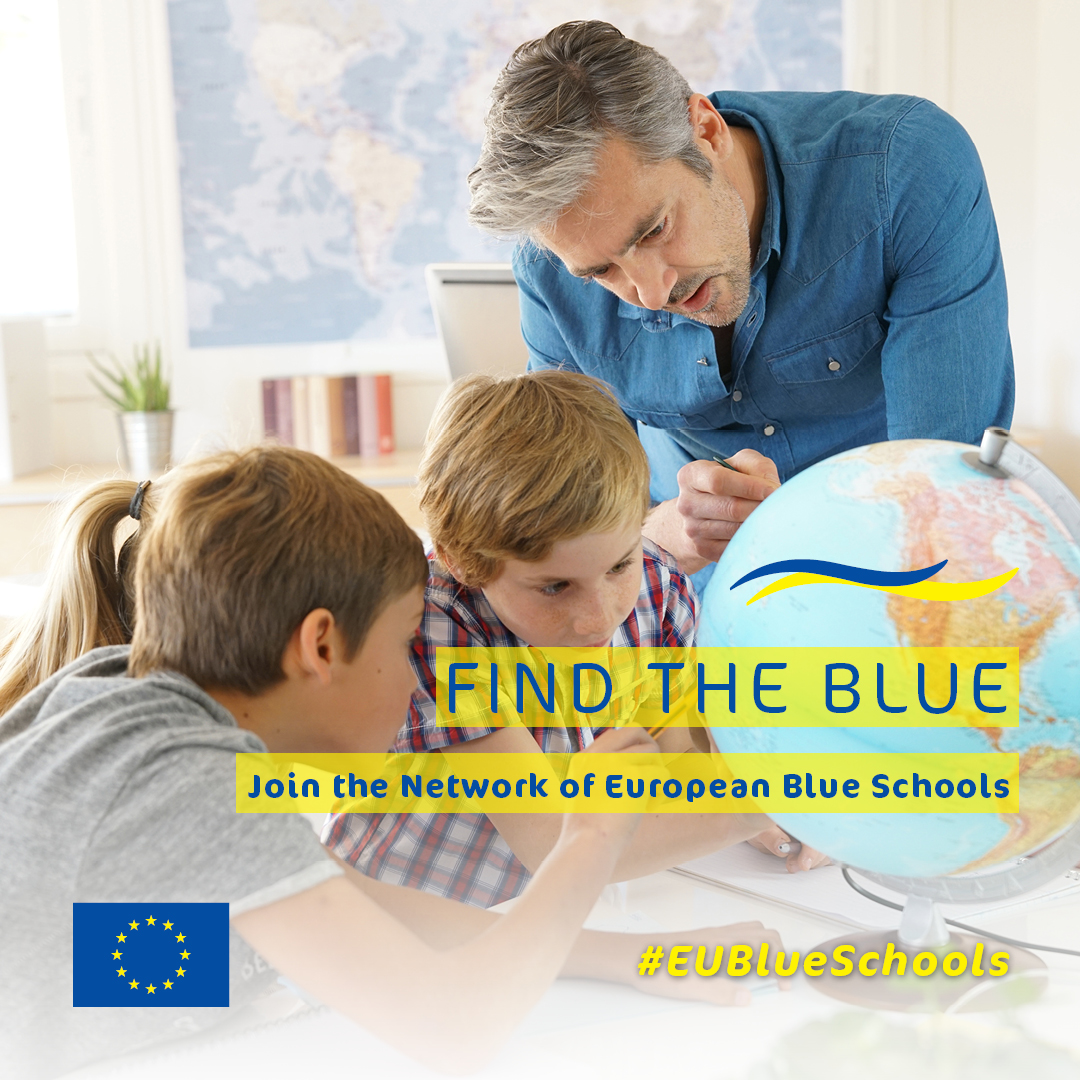On 8 June 2020, the first Virtual Ocean Literacy Summit was organised on the occasion of the World Oceans Day. There was no better chance to celebrate the creation of the "EU4Ocean" coalition and its dedication to ocean literacy, together with Commissioner for Environment, Oceans and Fisheries, Virginijus Sinkevičius, and IOC-UNESCO. Because of the circumstances of the COVID-19 pandemic, we met virtually to officially announce and celebrate this launch and share ideas and perspective for the protection of our blue planet.
Why ocean literacy?
The ocean is a source of life for human beings. "Understanding human influence on the Ocean and the Ocean's influence on people" is at the core of ocean literacy. Recognising how human beings and the ocean are interconnected will help us make responsible choices to better protect our ocean and to use the opportunities it offers in a sustainable manner. This is what we are striving for in Europe, contributing to the improvement of the well-being of Europeans, as envisioned and recently confirmed in the European Green Deal. This is why EU4Ocean came to shape, serving as a connecting platform where everybody can join the tide and increase our collective impact.
How to implement it?
To protect the ocean, great efforts have already been made, especially here in Europe. The EU4Ocean Coalition amplifies them by connecting diverse organisations, projects and people that contribute to ocean literacy and the sustainable management of the ocean. Within the Coalition, three large communities are ready to act for the ocean:
- The EU4Ocean Platform is the hub for organisations and initiatives to connect, collaborate and mobilise efforts on ocean literacy. By joining the EU4Ocean platform, members can share ideas, build partnerships and collaborate to ensure a more coordinated approach to ocean literary activities in Europe.
- The European Youth Forum for the Ocean connects the relentless positivity and powerful engagement of the next generation. In the Forum, young, enthusiastic and visionary individuals can pitch their ideas, develop new projects and network with leading experts, stakeholders and decision-makers within the contexts of marine pollution, food security and the climate crisis.
- The Network of European Blue Schools enables students to embark on a journey to discover the ocean and its value, together with their teachers. By accepting the "Find the Blue" challenge, students can select an ocean topic and create a plan around it, or identify a local marine related problem and try to solve it. Successful projects will earn their school the European Blue School certification, because the ocean literate kids of today are the responsible adults of tomorrow.







